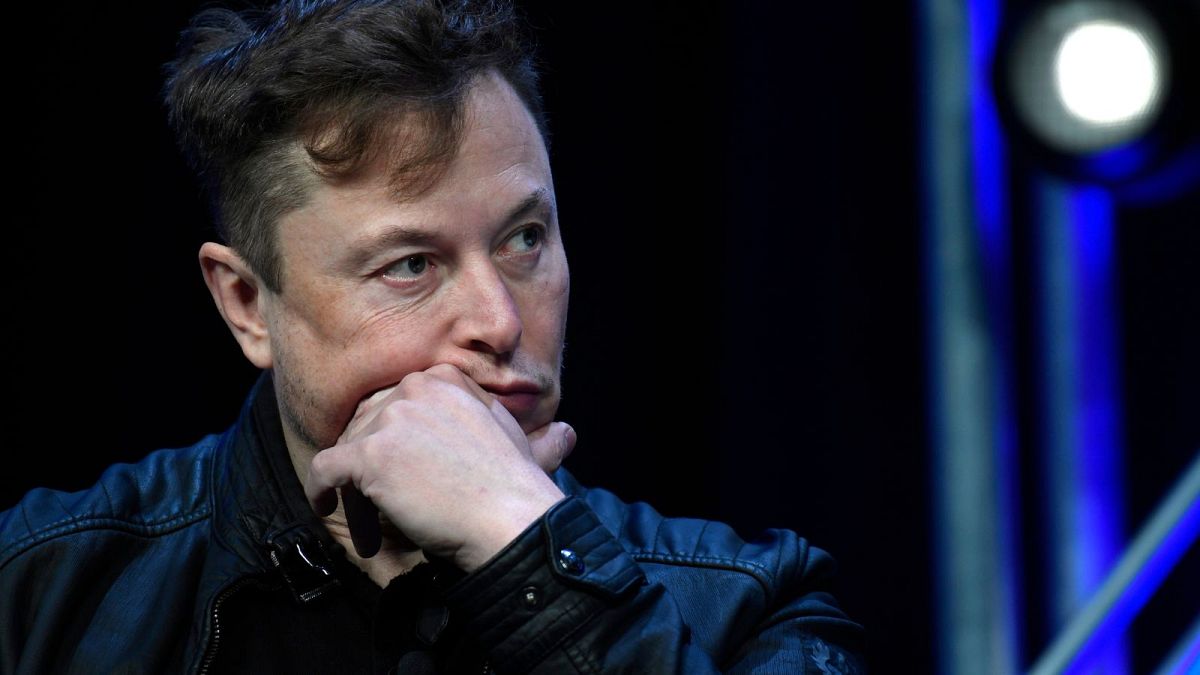Far right MEPs who nominated the billionaire for the prestigious award cast doubt on the voting process after Musk failed to make the final cut.
Elon Musk, CEO of Tesla and SpaceX and owner of X, failed to make the shortlist for the 2024 Sakharov Prize for Freedom of Thought, a prestigious human rights award from the European Union.
Musk was initially nominated for the prize by two far-right groups in the European Parliament, the Patriots for Europe, and the Europe of Sovereign Nations group which is led by the German far-right party Alternative for Germany.
The Sakharov Prize is awarded to individuals or organisations that have made significant contributions to the defence of freedom of thought and expression.
Previous winners include prominent figures such as Nelson Mandela, and Russian opposition leader Alexei Navalny.
“I’m delighted that in the coming weeks for the Sakharov Prize, we’ll be defending the candidacy of Elon Musk. Because today, in the 21st century, freedom of opinion, freedom of thought, remain as a relevant fight,” Thierry Mariani, a French EU lawmaker and the leading supporter for Musk’s nomination, said in a statement on X last month.
Mariani also added that Musk was nominated because the prize should be awarded to someone who actively defends freedom of thought and opinion, which he claims are being suppressed by “totalitarian ideologies like Wokeism and Islamism”.
The Patriots group further added that Musk’s dedication to “free speech, transparency, and fighting against censorship” aligns with the principles of human rights.
However, after the finalists were decided, Mariani expressed his disappointment and discontent, raising doubts about the voting process, the ambiguity of the results, and the lack of information.
He described the outcome as something to feel “surprised, bitter, and interrogative” about.
Musk’s rocky relationship with the EU
The tech billionaire has repeatedly clashed with various officials and regulators worldwide, including ongoing tensions with the European Commission, particularly regarding his management of the social media platform X.
This includes investigations into non-compliance with the EU’s Digital Services Act (DMA) and issues related to X not respecting EU content regulations.
For instance, in an analysis published in August, British non-profit the Centre for Countering Digital Hate reported that false or misleading claims made by Elon Musk about US elections have generated nearly 1.2 billion views on X.
The platform has also faced conflicts with the Brazilian Supreme Court over its failure to remove disinformation, which even led to X being temporarily suspended in the country.
Following a vote by the foreign affairs and development committees yesterday, Musk did not make the shortlist for this European Parliament’s prize. This is the second year in a row where Musk was nominated but was not selected as a finalist.
This year’s Sakharov Prize finalists include Gubad Ibadoghlu, an anti-corruption activist from Azerbaijan; María Corina Machado, leader of Venezuela’s democratic movement, and President-elect Edmundo González Urrutia.
Also among the finalists are “Women of the Sun,” an independent association of Palestinian women, and “Women Wage Peace,” an Arab-Jewish organisation, which have partnered to work toward ending the cycle of violence.
The final decision on the 2024 winner will be made on October 24 by the European Parliament’s Conference of Presidents, the top decision-making body.

